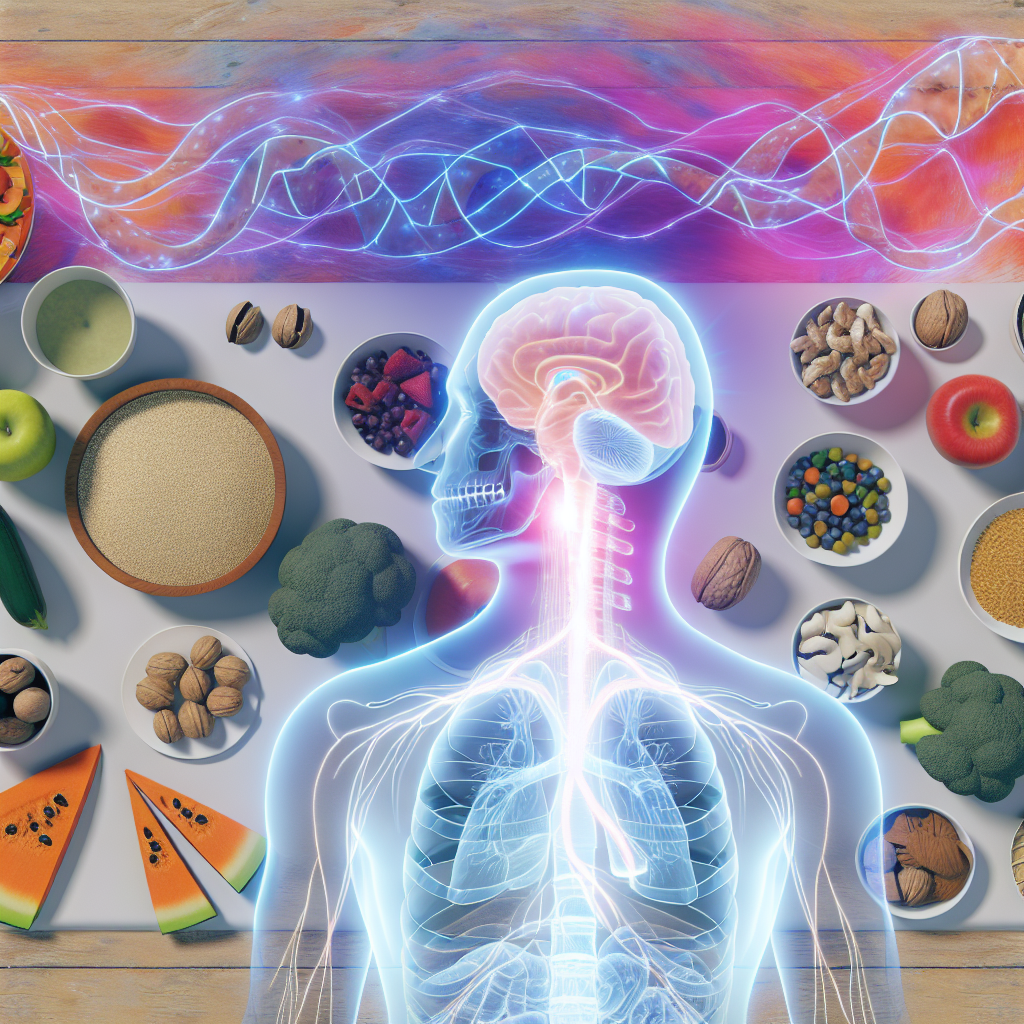Dairy Elimination Protocol – Lactose Intolerance Solutions
Introduction
In today’s landscape of digestive health, lactose intolerance has become increasingly prevalent. Estimates suggest that around 68% of the global population experiences some degree of lactose malabsorption, leading to uncomfortable symptoms such as bloating, cramping, diarrhea, gas, and skin flare-ups. Though not life-threatening, this condition can significantly impact daily comfort and long-term health.
The dairy elimination protocol is a powerful, natural strategy for identifying and healing lactose intolerance. Unlike medications, this protocol focuses on identifying root causes, restoring gut health, and replacing dairy with nutritionally equivalent, easily digestible alternatives. This systematic dietary approach aims to reduce symptoms and improve gut health through informed food choices, strategic lifestyle changes, and the integration of probiotics and herbal supports.
Importantly, it helps people distinguish between lactose intolerance and dairy allergies. Whereas a dairy allergy involves an immune reaction to proteins like casein or whey, lactose intolerance results from insufficient levels of the enzyme lactase. When lactose is not properly broken down in the small intestine, it ferments in the colon, causing gastrointestinal distress. The dairy elimination protocol helps reduce these reactions and fosters digestive comfort through a personalized, holistic lens.
This lifestyle plan supports those who favor plant-based living, holistic healing, and alternatives to pharmaceuticals. It integrates practices such as fermented nutrition, enzyme therapy, gut flora restoration, and the use of herbal digestive aids in pursuit of long-term relief.
Features and Supporting Studies
Grounded in scientific evidence, the dairy elimination protocol offers a natural yet clinically endorsed way to reduce symptoms and potentially reverse lactose intolerance. According to the International Foundation for Gastrointestinal Disorders (IFFGD), many individuals see substantial improvements in bloating, gas, and diarrhea after eliminating dairy for just two to four weeks.
A pivotal 2010 study published in Nutrition in Clinical Practice confirmed that symptom relief extends beyond avoiding milk — hidden lactose in processed foods, medications, and supplements must also be identified and eliminated. Many packaged foods contain lactose under names like whey, caseinate, or milk solids, making label reading an essential skill for those following this protocol.
Another angle explored by researchers involves the influence of dairy on gut microbiota balance. A 2016 study in the journal Gut Microbes emphasized that going dairy-free — when combined with a diet rich in fermented foods and prebiotic plants — benefits digestive balance, lowers inflammation, and supports gut function. This is especially crucial for individuals managing IBS, leaky gut, or SIBO (Small Intestinal Bacterial Overgrowth).
In a more recent investigation published by Stanford University School of Medicine in 2021, researchers found that fermented, dairy-free foods significantly enhanced short-chain fatty acid production and supported improved microbial diversity in the gut. These changes help strengthen digestive faculties and may even restore partial lactase production in cases where the enzyme has been compromised but is not genetically absent.
Natural support tools complement the dietary changes suggested in this protocol. A 2015 review published by Integrative Medicine Research highlights the efficacy of lactase enzyme supplements and herbal digestive aids like fennel seeds, ginger, peppermint, and digestive bitters. These remedies provide symptomatic relief — such as reduced cramping and gas — and support enzyme function in individuals with mild to moderate intolerance.
Recommended natural dairy-free substitutes include:
– Fermented coconut yogurt
– Almond or oat-based kefir
– Cashew cheese with added probiotics
– Rice milk fortified with calcium and vitamin D
– Enzymatic herbal teas for digestive support
Together, these findings support the argument that gut healing through strategic dairy removal isn’t just possible, but often profound.
Conclusion
The dairy elimination protocol empowers individuals to listen to their bodies, make better digestive choices, and avoid dependency on pharmaceuticals. Rooted in a combination of modern science and ancient healing, it offers a comprehensive, personalized method for navigating lactose intolerance.
Whether you are newly experiencing symptoms or exploring clean-eating strategies to support chronic gut conditions, adapting to a dairy-free lifestyle can open doors to significantly improved well-being. With support from plant-based nutrition, fermented foods, digestive herbs, and targeted supplements, you can enjoy flavorful, satisfying meals without the discomfort.
For individuals looking to take control of their health naturally, the dairy elimination protocol is not merely a dietary choice but a transformative journey toward digestive balance and enhanced vitality.
Concise Summary
The Dairy Elimination Protocol is a holistic, natural strategy to manage and potentially reverse lactose intolerance. It involves removing all dairy, identifying hidden lactose sources, and supporting digestion with enzyme supplements, probiotics, and herbs. Scientific studies show significant relief in symptoms like bloating and diarrhea, enhanced gut health, and even partial restoration of lactase function. Recommended dairy-free alternatives and fermented foods help balance the gut microbiome. This protocol empowers individuals seeking plant-based, pharmaceutical-free wellness solutions. Learn more and find recipes at Foodade.com.
References
1. IFFGD – Lactose Intolerance Overview
2. Nutrition in Clinical Practice – Lactose Intolerance: Management
3. Gut Microbes – Dairy-Free Diet Impact on Gut Health
4. Stanford Medicine – Fermented Foods & Gut Health
5. IMR – Herbal Approaches to Digestive Health
For more dairy-free recipes, tips, and wellness solutions, visit Foodade.com.

Dominic E. is a passionate filmmaker navigating the exciting intersection of art and science. By day, he delves into the complexities of the human body as a full-time medical writer, meticulously translating intricate medical concepts into accessible and engaging narratives. By night, he explores the boundless realm of cinematic storytelling, crafting narratives that evoke emotion and challenge perspectives.
Film Student and Full-time Medical Writer for ContentVendor.com


